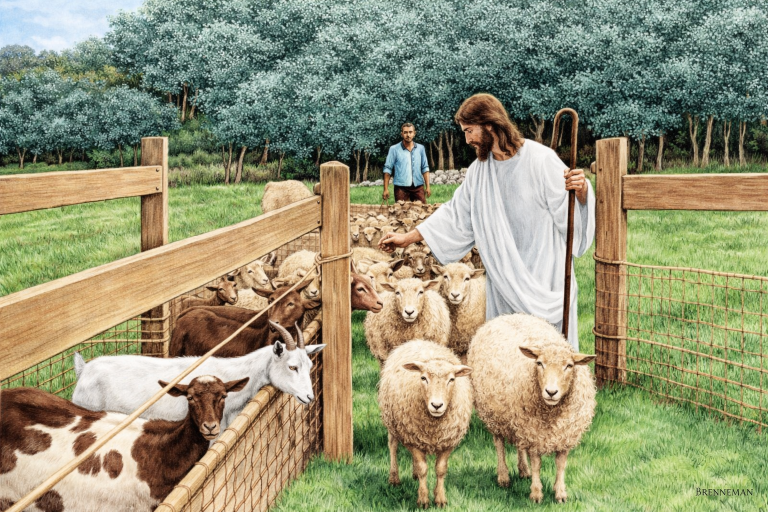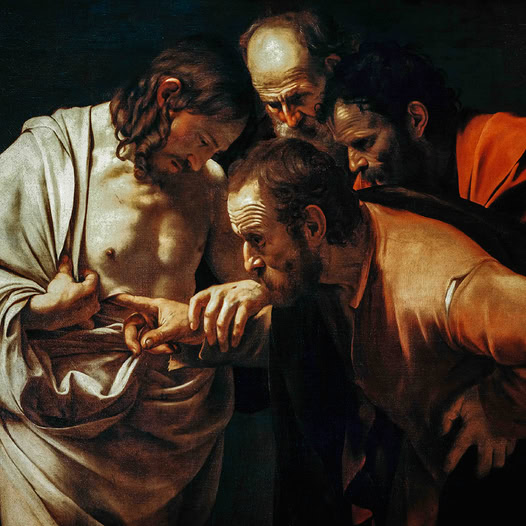There are three kinds of make-work. First, there is the Amish plan for make-work. They farm, very inefficiently, with horses. Fifty or a hundred Amish farmers could be replaced with one or two farmers with large, efficient farm machinery. Embracing old, inefficient technologies is the Amish kind of make-work.
Young Amish men must register for the Draft, but they do not serve. When there are wars, and prices for farm produce are high, they are able to amass lots of money and buy more farms. That, combined with mostly-cash, low-tax incomes, they are able to buy up far more land than farmers whose children are serving in the military.
The Amish have their own schools that keep them comparatively illiterate. That keeps them at home, where they provide cheap labor for farms, carpentry jobs, sawmills, and other Amish forms of make-work.
Since they do not have to pay minimum wage, social security, unemployment insurance, and medical benefits, they can offer lower prices than other businesses. As a result, small town economies have been destroyed. Small towns are disappearing as Amish destroy opportunities for employment. Amish make-work has been the economic destruction of countless school districts and rural areas.
A second type of make-work is provided by public funding. Many are involved in bureaucracies that are intentionally inefficient. In Public Education, one example of government make-work, classroom sizes are small, providing more “jobs”. Educational “administrators” increase in number and do less every year. Many like make-work jobs in government. The pay is good, the hours short, benefits superior, and pensions are lush. Souls are at risk for not providing fair value to those who are impoverished to pay for government make-work, but few worry about that as a condition of continued employment.
The third form of make-work is Welfare. Recipients don’t just get heating assistance, food stamps, free housing, and medical assistance. Now, welfare recipients get credit cards with which they can make all kinds of purchases. A working family has to bring in close to $60,000/year to have similar purchasing power to a family on welfare.
Giving cash to people for doing nothing is a form of make-work. It’s not as obvious as giving huge salaries and benefits to big-city teachers who work a few months a year and retire at 50. But, it does the same thing: it keeps the recipients dependent, calm, and not rioting. Make-work takes care of the body and corrodes the soul.
A handful of people support the three kinds of make-work. Just as one or two people can now produce enough food for a hundred, ten or twelve people who actually do useful things can provide all the necessary goods and services that a hundred people need.
Make-work is here to stay. We should get used to it. There are three kinds of make-work. All should be avoided. Make-work corrodes the soul.








